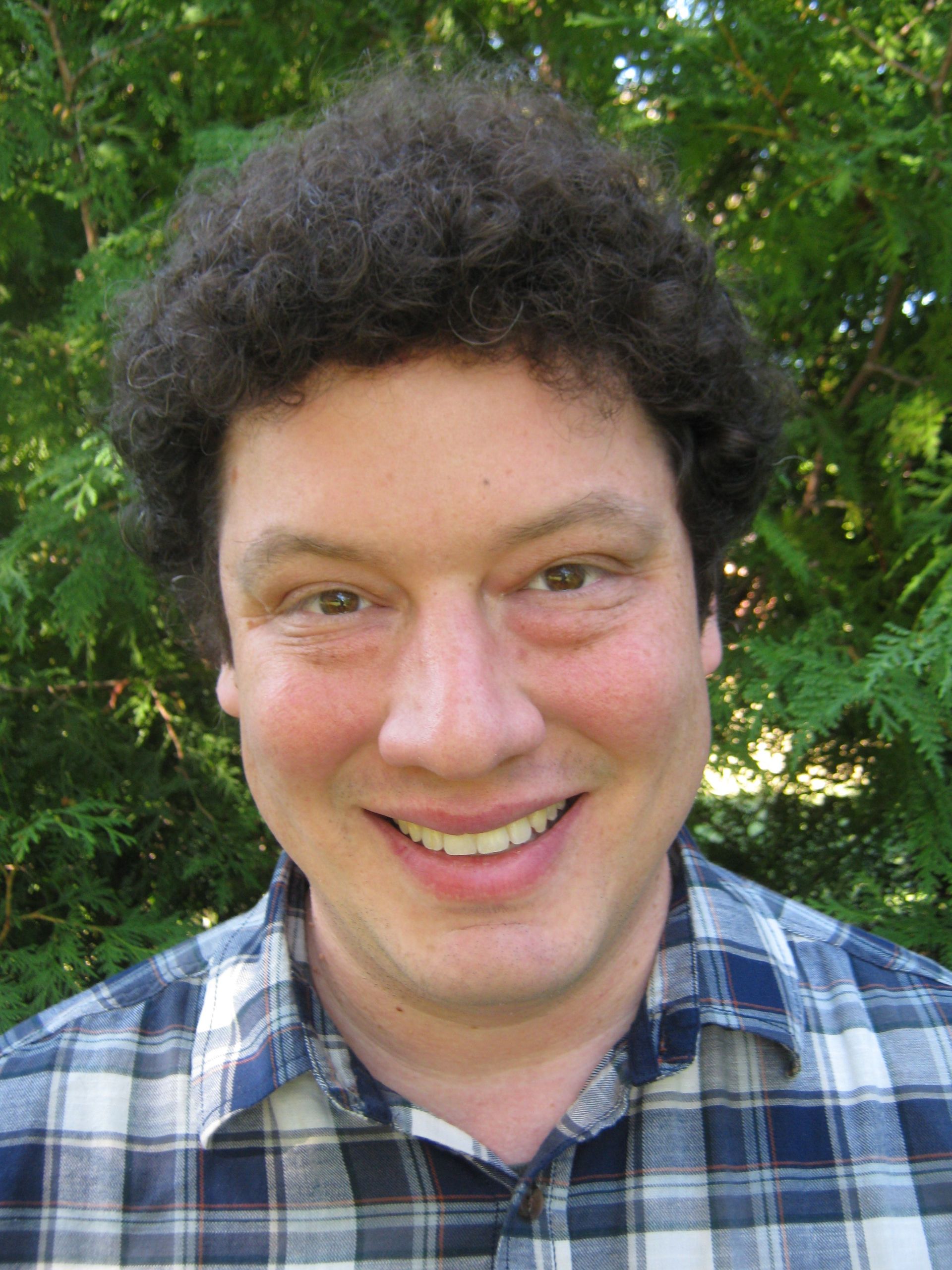 Andrew M. Bland, PhD, is a member of the graduate clinical psychology faculty at Millersville University in Lancaster County, PA. He received a master’s degree from the University of West Georgia’s humanistic-existential-transpersonal psychology program (2003) and a PhD in counseling psychology from Indiana State University (2013). He is a licensed psychologist, currently practicing at Samaritan Counseling Center in Lancaster, PA. He serves on the executive committees of the Society for Humanistic Psychology (Division 32 of the American Psychological Association, APA) and the Society for Qualitative Inquiry in Psychology (Section 3 of Division 5 of APA) and on the editorial boards of the Journal of Humanistic Psychology and the Journal of Theoretical and Philosophical Criminology. His scholarship provides both qualitative and quantitative support for the practical application of themes and principles from contemporary existential-humanistic psychology in the domains of love and intimate relationships, work and career development, the processes of therapy and education, creativity, and lifespan development.
Andrew M. Bland, PhD, is a member of the graduate clinical psychology faculty at Millersville University in Lancaster County, PA. He received a master’s degree from the University of West Georgia’s humanistic-existential-transpersonal psychology program (2003) and a PhD in counseling psychology from Indiana State University (2013). He is a licensed psychologist, currently practicing at Samaritan Counseling Center in Lancaster, PA. He serves on the executive committees of the Society for Humanistic Psychology (Division 32 of the American Psychological Association, APA) and the Society for Qualitative Inquiry in Psychology (Section 3 of Division 5 of APA) and on the editorial boards of the Journal of Humanistic Psychology and the Journal of Theoretical and Philosophical Criminology. His scholarship provides both qualitative and quantitative support for the practical application of themes and principles from contemporary existential-humanistic psychology in the domains of love and intimate relationships, work and career development, the processes of therapy and education, creativity, and lifespan development.
Selected Publications
Bland, A. M., & Arons, S. M. (Eds.). (2020). The new-old: Recollections, reflections, and reconnoiterings of Mike Arons. University Professors Press.
Bland, A. M. (2020, January). Review of the book Integrated care for the traumatized: A whole person approach, by Serlin, Krippner, & Rockefeller (Eds.). Independent Practitioner, 40(1), 17-25.
Bland, A. (2019, October). The crisis of creativity, and The Courage to Create revisited. The Samaritan Connection, 30, 10.
Bland, A. M. (2019). The Personal Hero Technique: A therapeutic strategy that promotes self-transformation and interdependence. Journal of Humanistic Psychology, 59(4), 634-657.
DeRobertis, E. M., & Bland, A. M. (2019). Lifespan human development and “the humanistic perspective”: A contribution toward inclusion. The Humanistic Psychologist. Advance online publication.
Bland, A. M., & DeRobertis, E. M. (2019). The humanistic perspective. In V. Zeigler-Hill & T. K. Shackelford (Eds.), Encyclopedia of Personality and Individual Differences. Springer. Advance online publication.
Bland, A. M., & McQueen, K. S. (2018). The distribution of Chapman’s Love Languages in couples: An exploratory cluster analysis. Couple and Family Psychology: Research and Practice, 7(2), 103-126.
Bland, A. M., & DeRobertis, E. M. (2018). Humanistic psychology. In D. S. Dunn (Ed.), Oxford bibliographies in psychology. Oxford University Press.
Bland, A. M., & McQueen, K. S. (2018). Unemployment and marital quality in Great Recession America: An exploratory canonical correlation. Journal of Humanistic Psychology. Advance online publication.
DeRobertis, E. M., & Bland, A. M. (2018). Tapping the humanistic potential of Self-Determination Theory: Awakening to paradox. The Humanistic Psychologist, 46(2), 105-128.
Bland, A. M. (2018). Facilitating and assessing personal growth in helper development using Hart’s (2014) Four Virtues. The Humanistic Psychologist, 46(1), 6-29.
Bland, A. M. (2018, April). Review of the book Do parents matter? by LeVine and LeVine. Society for Humanistic Psychology Newsletter.
Bland, A. M., & DeRobertis, E. M. (2017). Maslow’s unacknowledged contributions to developmental psychology. Journal of Humanistic Psychology. Advance online publication.
Bland, A. (2016, December). Beyond SMART goals: A humanistic approach to treatment planning that satisfies managed care requirements. Society for Humanistic Psychology Newsletter.
Bland, A. M., & Roberts-Pittman, B. J. (2014). Existential and chaos theory: “Calling” for adaptability in career decision-making. Journal of Career Development, 41(5),382-401.
Bland, A. M. (2014). Corrective experiences in corrections counseling. Journal of Theoretical and Philosophical Criminology, 6(1),46-74.
Bland, A. M. (2013). A vision of holistic counseling: Applying humanistic-existential principles in the therapeutic relationship. Journal of Holistic Psychology, 2, 277-282 & 334-337.
Bland, A. M. (2010). The enneagram: A review of the empirical and transformational literature. Journal of Humanistic Counseling, Education, and Development, 49(1), 16-31.
Selected Presentations
Bland, A. M., & Verber, M. A. (2020, March). There are no straight lines in nature—or in therapy: The lightning bolt metaphor for realistically conceptualizing therapeutic progress [APA-approved CE workshop]. 13th Annual Conference of the Society for Humanistic Psychology, New Orleans, LA.
Bland, A. M. (2019, June). Ethical conundrums in mental health case studies: A mixed-methods exploration [paper presentation]. Paper presented at the 6th Annual Conference of the Society for Qualitative Inquiry in Psychology, Boston, MA.
Bland, A. M. (2018, May). The assumptions behind mental health outcome instruments: A latent thematic analysis. In L. B. Silverstein (Chair), Using qualitative research to re-envision evidence-based practice [symposium]. 5thAnnual Conference of the Society for Qualitative Inquiry in Psychology, Pittsburgh, PA.
Bland, A. M. (2018, May). Thematic analyses of the relevance of Frankl’s Man’s Search for Meaning for promoting identity integration and intentionality in emerging adults [paper presentation]. 5th Annual Conference of the Society for Qualitative Inquiry in Psychology, Pittsburgh, PA.
Bland, A. M. (2017, October). Assessment meets automation: A humanistic psychologist’s response to computerized intellectual testing [paper presentation]. University of West Georgia Psychology 50th Anniversary Reunion and Conference, Carrollton, GA.
Bland, A. M. (2017, May). A validation of the effectiveness of the existential obituary writing technique [paper presentation]. 4th Annual Conference of the Society for Qualitative Inquiry in Psychology, New York, NY.